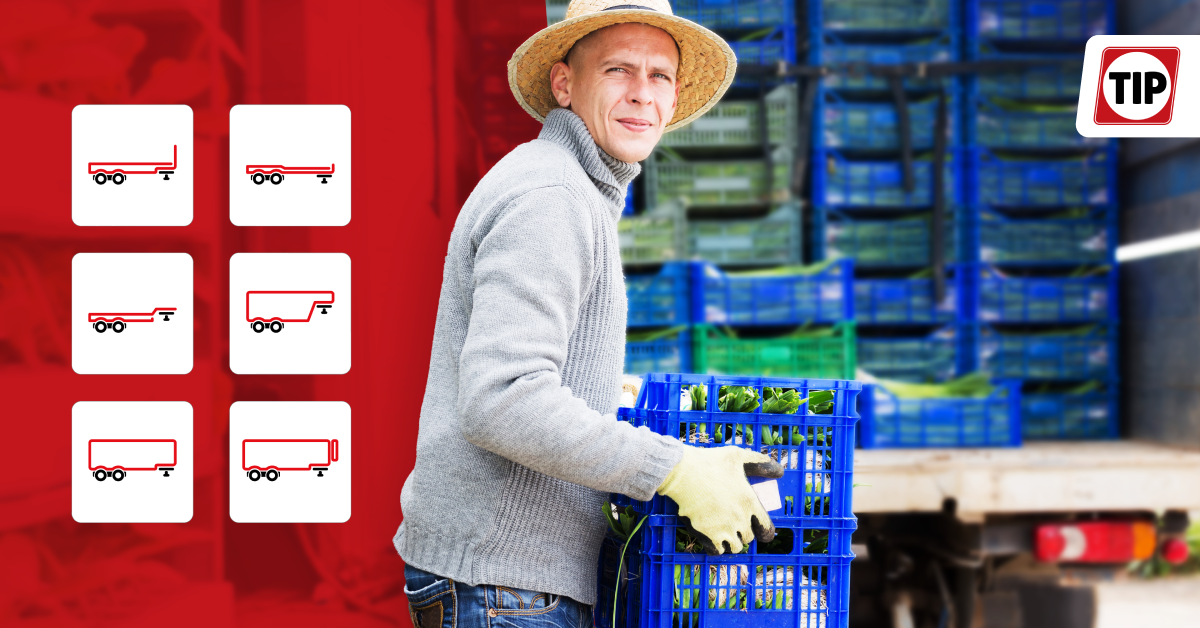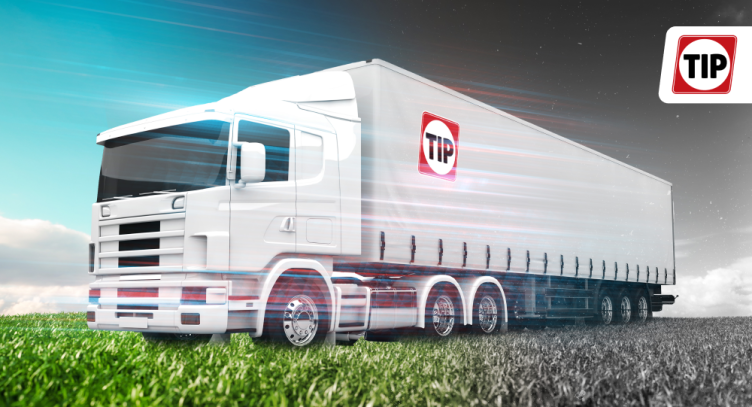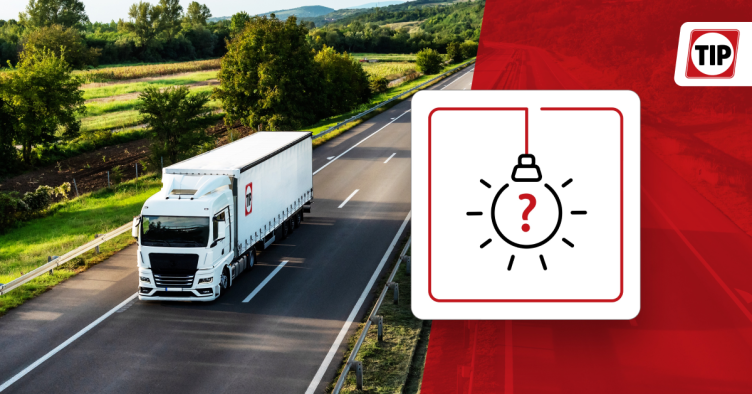Types Of Trailers Used In Agriculture
The agricultural industry hinges on the efficiency and reliability of its logistics operations. Without consistent delivery of farming equipment, livestock, and produce, food supply chains will be unable to function optimally.
As with any industry, agriculture has very specific haulage requirements that are designed to improve the overall efficiency of the production and transportation ecosystem. The trailers used in the agriculture industry are thus very specialised depending on the cargo they carry.

Types of cargo in agriculture
The agriculture industry has two separate yet equally important logistics requirements – hauling the heavy machinery used to harvest crops, and the crops, produce, livestock itself. Both require different types of trailers for efficient transportation.
-
Produce
There are various types of produce used in agriculture that require transportation. Each has specific characteristics which inform the choice of trailer used.
Soil, fertiliser, grains, and seeds are common cargo types that require regular transportation. These items are hardy and can weigh a lot when needed in large amounts. They are also durable, meaning their transport requirements do not need specific safety elements to ensure they last and they can be transported in bulk.
Alternatively, perishable items such as fruits, vegetables, livestock, etc. often require cooling and protective elements to keep them in good condition. These items are usually more delicate and require specific trailers to ensure cargo preservation. Oftentimes, delicate produce cannot be stacked, meaning fewer items can be transported.
-
Equipment
There are numerous types of farming and harvesting equipment used in the agricultural industry. Many of them are large, heavy, and bulky pieces of machinery that can only be transported by specific trailers designed for such purposes.
Heavy agricultural machinery such as tractors, combine harvesters, and various other farming equipment require powerful open-deck trailers that can efficiently handle the load for optimal transportation.
These items are durable and weather-resistant, so they do not require many of the protective elements used to transport more delicate goods.
Types of trailers used in agriculture
Due to their particular characteristics and requirements, each type of agricultural cargo needs a specific trailer for optimal transportation. Here is a list of the various types of trailers used in agriculture and the types of cargo they suit best.
-
Flatbed trailers
Flatbed trailers have no sides or a roof which means the cargo it carries is open to weather elements. Their flat surface helps drivers to haul cargo with abnormal shapes and sizes, such as farming equipment, machinery, lumbar, grains, soil, etc.
-
Lowboy trailers
Lowboy trailers are specially designed to carry oversized and heavy loads. They typically carry large farming equipment and heavy machinery. The trailer floor is designed to be very close to the ground to make it easy to load/offload heavy equipment such as tractors and combine harvesters.
-
Step-deck trailers
Step deck trailers are designed specifically to transport cargo that is too tall to be carried on flatbed trailers. They have a lower and upper deck, which is why the term “step” is in the name. Step-decks commonly transport tall farming equipment such as combine harvesters and highly stacked hay.
-
Livestock trailers
The gooseneck trailer is one of the most popular types of livestock trailers. They are designed to transport big herds of livestock. They are manufactured with a long neck that connects to a ball hitch attached to the bed of the towing truck to minimise movement.
-
Dry van trailers
Dry vans are used to transport goods that are in boxes or pallets – sometimes even loose items. They are fully enclosed boxes which protect cargo from outside elements. They are used to transport any products or goods that can fit into boxes or pallets in lower quantities found in larger trailers.
-
Refrigerated trailers/Reefers
Reefers are designed to maintain a specific temperature to keep produce fresh throughout the journey. They are enclosed box trailers typically used to move delicate perishable goods such as fruits, vegetables, seeds, and various other temperature-sensitive goods.
Summary
It is important to have a solid grasp of the specific purposes each of the above trailers are designed to fulfil. Understanding your agricultural needs is vital to be able to determine what type of trailer will serve your agricultural needs best.
Finding the right trailer to suit your needs is not always a simple task. Visit tip-used.com to browse hundreds of well-maintained used trucks and trailers. Get in touch with us to be connected to one of our regional Sales Managers who is committed to helping you find the right solution for your needs.
About TIP Used
TIP Used – part of Europe’s leading truck and trailer leasing and rental provider TIP – is one of the largest suppliers of well-maintained second-hand trucks and trailers in the commercial vehicle sector.
With over 55 years of experience, TIP Used offers a variety of well-maintained used trucks and trailers from the best brands in Europe, including Krone, Schmitz, SDC, Volvo, MAN and DAF. With 120 TIP workshop locations, you can also request any modifications to a vehicle before purchasing while enjoying extra services such as lifecycle maintenance and repair, as well as telematics.



